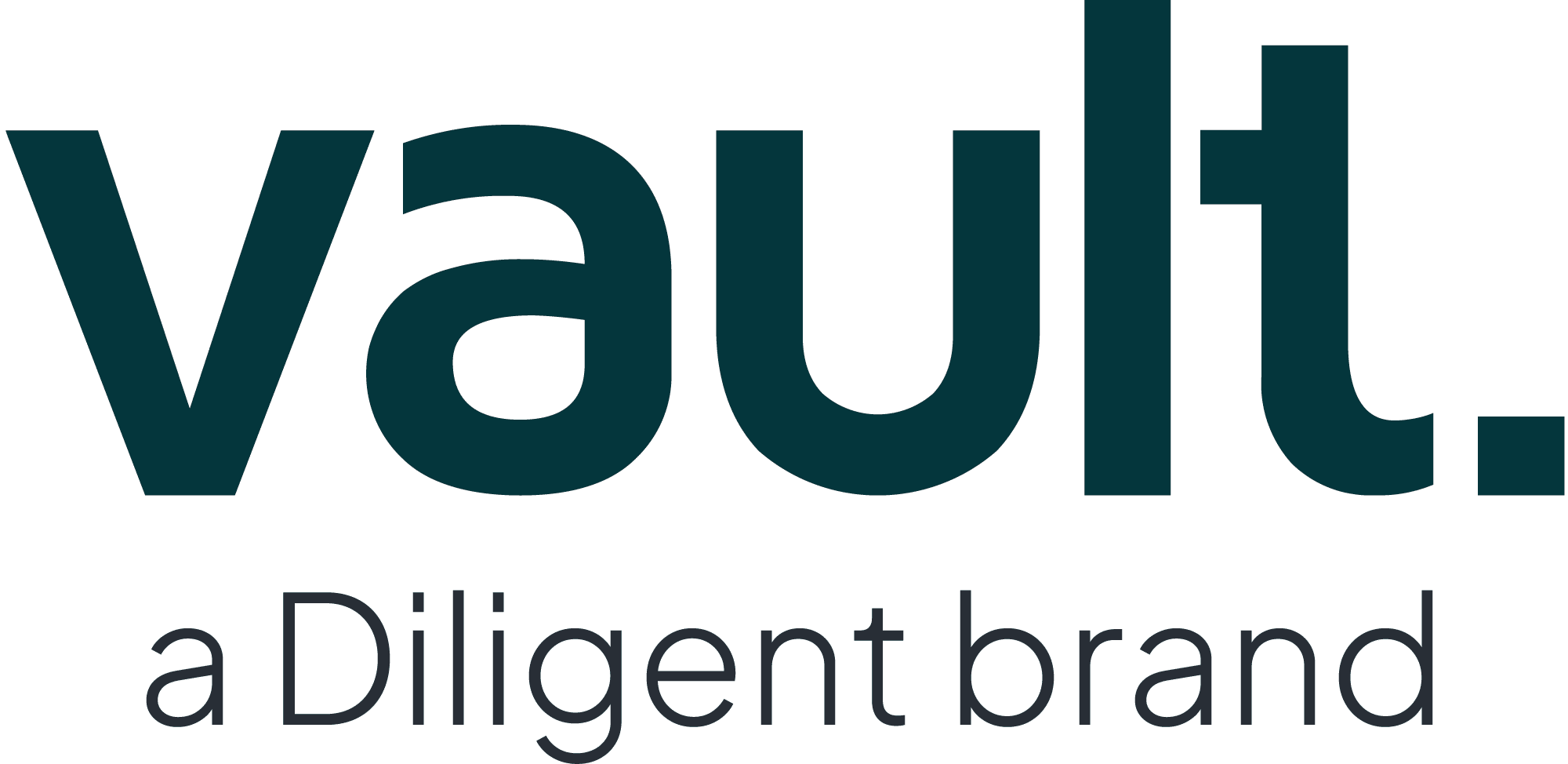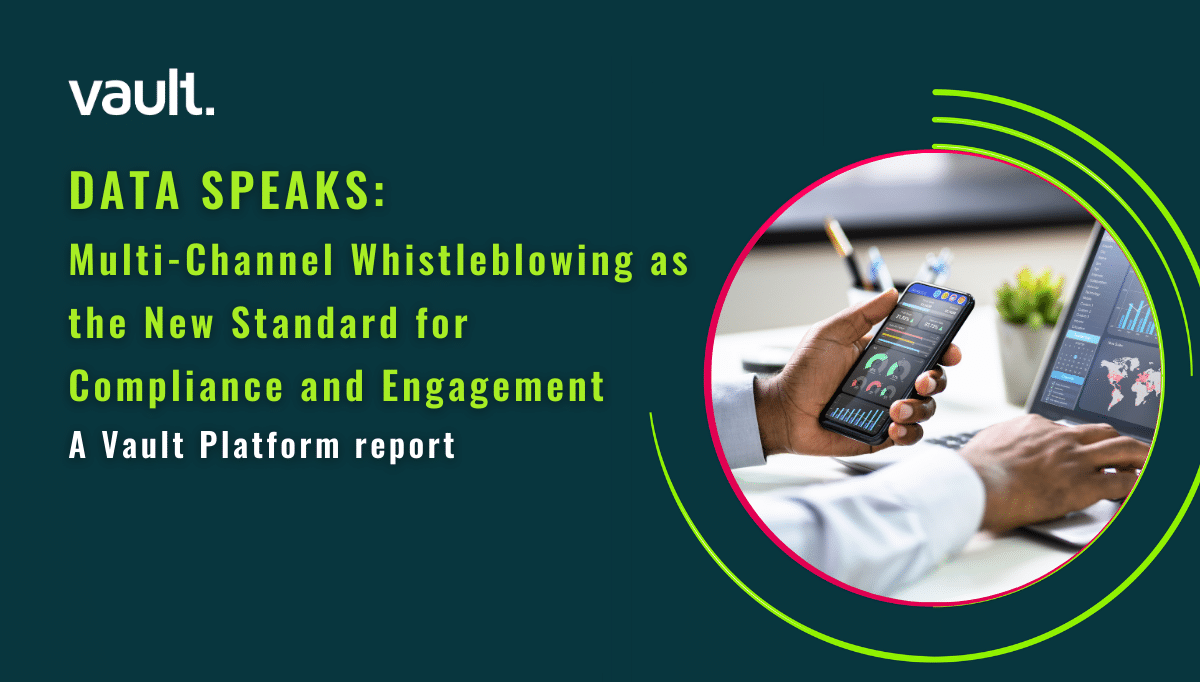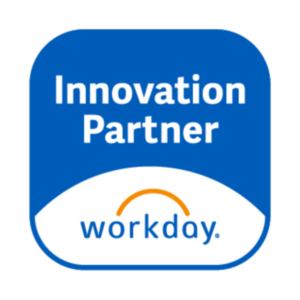The recent guilty verdict in the Harvey Weinstein case of a first-degree criminal sex act and third-degree rape came more than two years after a New York Times report exposed decades of sexual harassment by the fallen Hollywood mogul.
It was a New Yorker article chronicling the allegations of 13 additional women including three accusations of rape against Weinstein, which ultimately caused a snowball effect with many others speaking up and calling for accountability.
Although Weinstein’s demise may have seemed fairly swift, in the Hollywood community his notorious behavior was well known for years. Once the articles were published about Weinstein, a Pandora’s box was unleashed with women no longer afraid or embarrassed to Speak Up against the misconduct, harassment, and bullying they encountered in their workplace.
The confidence to Speak Up spread, and at least 200 prominent men across diverse industries lost their jobs after public allegations of sexual harassment. Hundreds more are still under investigation or being held to account. To put this in perspective, a year prior to the Weinstein revelations, according to the New York Times, fewer than 30 high-profile people made the news for resigning or being fired after public accusations of sexual misconduct. Victims and witnesses were now seeing corporate America and its boards beginning to take steps to hold perpetrators accountable for their actions as well as consider their own culpability in nurturing a culture of silence. As a result more people have been emboldened to report workplace harassment and workplace bullying across all industry sectors.
#MeToo movement provides a platform to speak out against harassment
The #MeToo movement, in the wake of the predatory behavior of Bill O’Reilly, Weinstein, and others, raised awareness of the prevalence and impact of sexual misconduct in the workplace. It gave survivors a platform to share their stories and work on effecting change in the workplace. Sexual misconduct victims began to feel more comfortable that they would be believed without judgment and not face contempt, blame, or retaliation if they reported and disclosed workplace incidents.
In fact, employers paid a record $68.2 million for sexual harassment violations through the U.S. Equal Employment Opportunity Commission (EEOC) in 2019. This shattered the all-time record by more than $10 million at $56.6 million in 2018, and nearly doubled the total of $35 million from 2014. Additionally, while the number of claims dipped slightly from 7,609 in 2018 to 7,514 in 2019, this figure remains the second-highest mark for claims in the past seven years. Many view the #MeToo movement as continuing to be a major influence on workplaces across the country regarding the uptick in harassment reporting.
The attention from the #MeToo Movement is also helping to change some of the systemic problems with workplace sexual harassment and misconduct, making it easier for more employees to feel comfortable filing reports. For example, the Weinstein case put the spotlight on Nondisclosure Agreements (NDAs), which basically forces people into silence and makes it impossible to legally report incidents of harassment. Several states subsequently passed laws prohibiting the use of nondisclosure agreements in sexual misconduct cases. In September 2018, California banned the agreements in cases involving sexual assault, harassment, or sex discrimination. New York and New Jersey enacted similar laws. (NDAs have recently made headline news again in the political arena with presidential-hopeful Mike Bloomberg’s use of them at his company.)
In addition, last year, the “Bringing an End to Harassment by Enhancing Accountability and Rejecting Discrimination in the Workplace Act” (BE HEARD in the Workplace Act) bill was introduced in Congress. The bill’s intent is to strengthen and expand the reach of US anti-discrimination laws, removing barriers that prevent individuals from accessing justice, and helping employers create harassment-free workplaces—while at the same time holding them accountable when they fall short. The bill will also prohibit employers from demanding that workers sign blanket NDAs upon accepting a job.
Time’s Up provides funding to assist victims of sexual misconduct
In 2018, Time’s Up was formed by a group of Hollywood women to provide a legal defense fund to help victims of workplace sexual harassment. The fund pairs alleged victims with a team of more than 700 lawyers, and helps pay their legal fees. According to Time’s Up, it has linked an estimated 4,000 survivors with attorneys.
Even with more individuals speaking up against sexual misconduct in the workplace and filing claims, how a company handles harassment reporting and workplace bullying is critical to the entire process. One of the most important aspects that these high-profile cases have illustrated is that victims of workplace harassment, discrimination and bullying need to feel safe in coming forward and confident that management will investigate incidents and take the appropriate measures to hold those accountable for their actions.
Vault Platform is revolutionizing the process of workplace misconduct reporting and resolution. Hotlines have been ineffective and underutilized for too long. Vault Platform is designed to support a culture of trust and safety, with a mobile application that creates a secure and confidential space for employees to file records of misconduct they experience or witness. The Resolution Hub then triages these reports to the most appropriate team, so action can be taken swiftly and effectively before employees take their grievance elsewhere.
Download our magazine on trust and accountability in the workplace
[simple-author-box]






